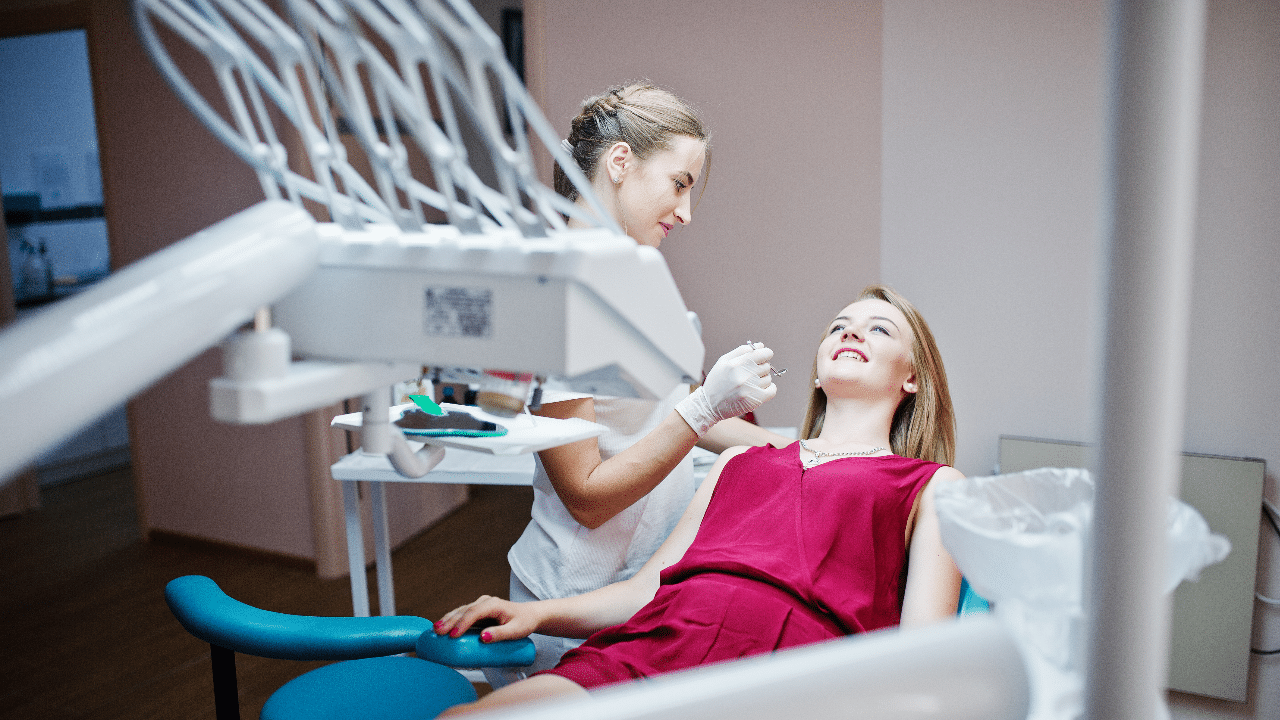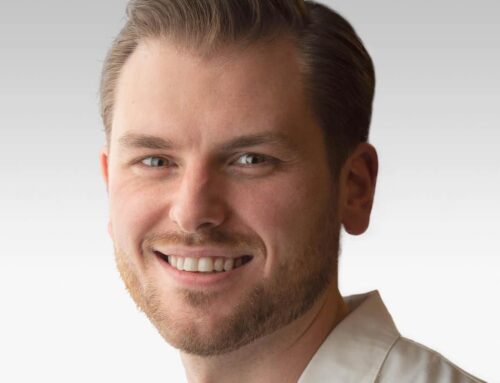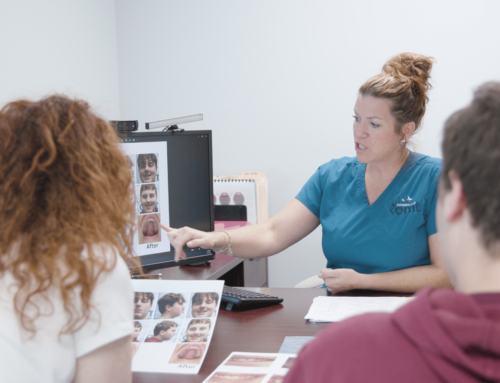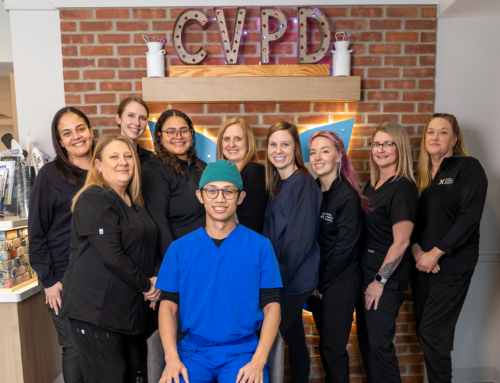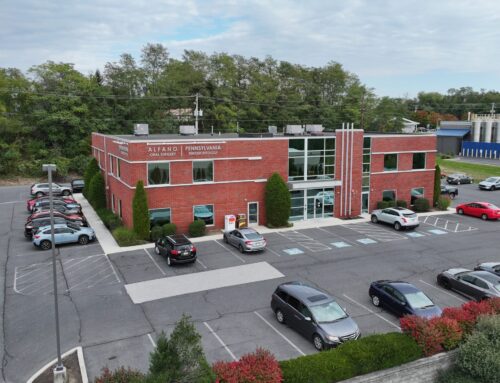When you were in dental hygiene school, where did you see yourself upon graduation? Were you focused on those four letters after your name: RDH? Were you ready to jump right into your first job in private practice? Did you think about where you wanted to be after five years of practice?
If you are a clinical hygienist, you might be cruising right along in your clinical practice. Perhaps you have already found your dental home, your ‘unicorn job’, forging your future. Or maybe you have been practicing for several years and are ready for a different path in your dental hygiene career.
While most hygienists are currently working in private practice, according to the American Dental Hygienists Association (ADHA), there are more career path opportunities available. New doors are open to you if you explore your new dental hygiene journey that can highlight your experience, education, and passion within your field.
Traditionally, if a hygienist wishes to grow beyond clinical practice, that path may include adding licensure such as local anesthesia and public health licenses or pursuing advanced degrees. Both of those options open doors to advancement and opportunity such as the expansion of the scope of practice, teaching, research, and corporate sales.
However, dental hygienists can now decide whether their professional journey is going to be traditional, unconventional, or hybrid. Now more than ever, hygienists have been trailblazing their own paths with modern choices!
Dental Hygiene Career Directions
If you are a hygienist who is always moving forward professionally, it’s best to have a plan. Finding direction, you may want to ask yourself whether you want to travel on a traditional path, an unconventional path, or if you want to combine them both.
- Traditional Path
- Clinical – While most hygienists choose to spend their careers indirect patient care, there are many opportunities to expand the care they provide. Those who wish to administer local anesthesia in PA can obtain an additional Dental Hygienist Local Anesthesia license. Within private practice, they can choose to move to specialty care such as periodontics and pedodontics. Hygienists can even choose to move away from private practice to government facilities such as VA hospitals and state prisons without having to obtain additional licensure and education.
- Non-Clinical – Although non-clinical opportunities do exist, the traditional path away from the operatory usually involves professional networking, both online through sites like LinkedIn and in-person ADHA meetings. When you want to expand your non-clinical opportunities, many hygienists can move into office administrative positions within their own practices. They can also look into sales, dental hygiene education, and research positions. Typically, these paths require advanced degrees.
- Educational – Many of the opportunities for hygienists start with additional education. Most hygienists start their careers with an associate’s degree that allows them to gain licensure and work clinically. However, many of the mentioned career paths require advanced degrees. According to the American Dental Education Association, there are 51 bachelor’s programs, and 17 master’s degree programs in the U.S. specifically in dental hygiene.
But keep in mind that you can choose a complementary degree to dental hygiene such as business administration, marketing, and communications, which could lead you down a more unconventional path.
- Unconventional Path
- Public Health Dental Hygiene Practitioner – In PA, current RDHs can obtain this additional license that allows them to practice in non-traditional settings such as health centers, nursing homes, and mobile dentistry. Although these settings are not completely independent practices, they do offer hygienists more autonomy and unique dental settings. With the additional PHDHP license, hygienists in Pennsylvania can also practice without dentist supervision in public health settings.
- Myofunctional Therapist – One opportunity gaining popularity among hygienists is myofunctional therapy, which deals with disorders of the muscles and function of the face and mouth that affect speaking, breathing, eating, and sleeping. Dental hygienists can become myofunctional therapists in a separate independent/integrated practice setting.
To learn more about certification options, you can check out Academy of Orofacial Myofunctional Therapy (AOMT) or International Association of Orofacial Myology (IAOM)
- Dental Hygiene Entrepreneur – Especially now, hygienists are discovering that they can use their knowledge and experience to forge a path into their own business of consulting, writing, speaking, and even marketing through social media channels like Teeth Talk Girl or even. inventing their own products such as Happy Teeth.
Creating Your Own Path
Perhaps you’ve been reading this article and like many of the options but aren’t ready to jump from your clinical path into a completely different direction. The good news is that you don’t have to. You can create your own path that includes many directions converging into one that you create based on your needs. The opportunities are out there and the possibilities are endless!
____________________________________________________________________________________
About the Author: Suzanne L. Vila, RDH, PHDHP, B.A.
Suzanne is a Registered Dental Hygienist in Central PA who works in private periodontal practice and at a local college as an adjunct dental hygiene faculty. After a thirty-year career in dental hygiene, Suzanne is now creating non-clinical projects involving professional enhancement, public health initiatives, and patient education. In addition to being a passionate dental practitioner, Suzanne enjoys teaching fitness classes such as Pilates and yoga, volunteering with the local dog rescue Pitties.Love.Peace, and spending time with her family and their two rescued pit bulls, Rudy & Freya.


